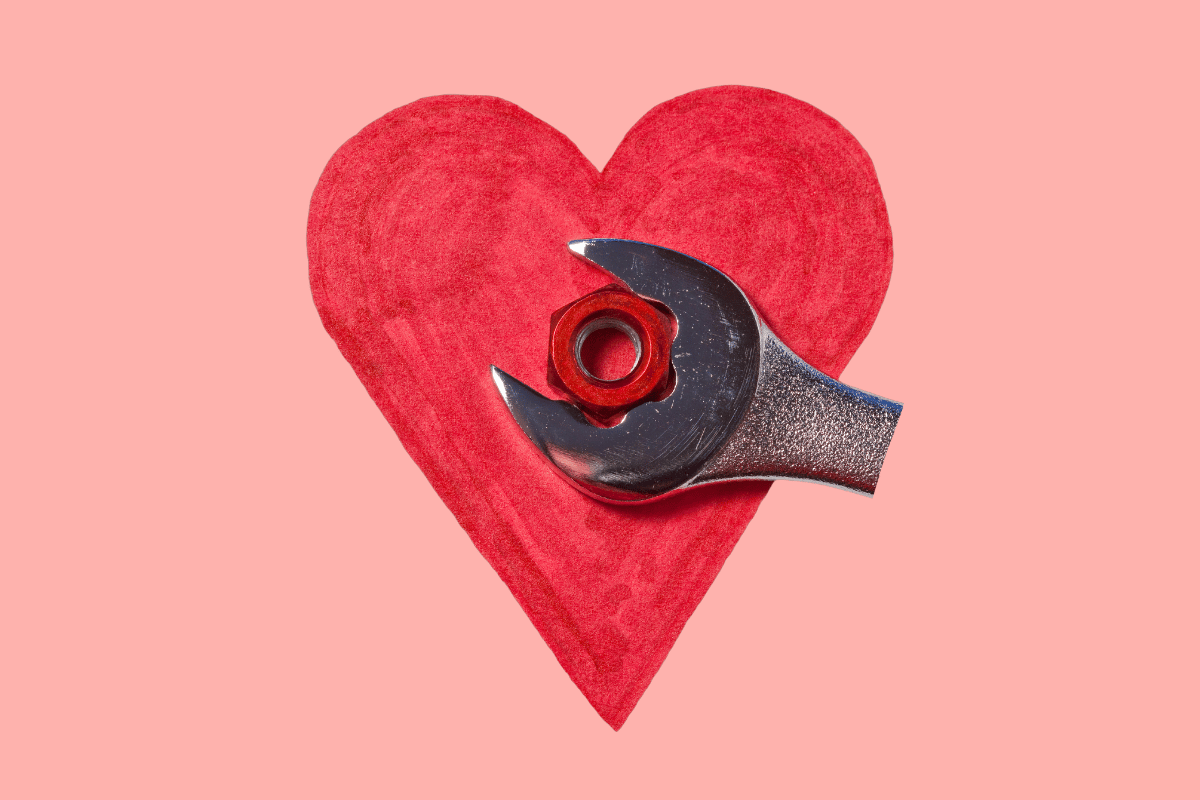
Attention couples - have you ever been dealing with a stress, woe, or annoyance, and your partner's response has been an automatic attempt to rationalise and fix said situation?
Seriously, why does it happen SO DARN often...
In a lot of these scenarios, the partner means well. And trying to solve someone else's concern often comes from a place of consideration and desperation to make it all dandy again.
But the cold, hard truth according to experts is that being a fixer in a relationship can do a lot more harm than good.
Watch: relationship red flags. Post continues below.
Nahum Kozak is the co-founder of Lighthouse Relationships and is a senior psychologist. For 15 years now, Kozak has been helping hundreds of couples get back on track in their relationships.
Over the years, he has noticed a strong pattern of 'fixer' identity among male partners or husbands - and the detrimental impact it can have. For the partner on the receiving end, it can make them feel incredibly lonely and almost judged. And that leads to disconnection.
With this in mind, here are some dos and don'ts when it comes to navigating the fixer response.
Don't resort to an immediate problem-solving response amid grief.
Kozak says he has seen cases in couples where comments of a glass-half-full nature or fixer mentality have hindered rather than helped, even if well-intentioned.





























































































